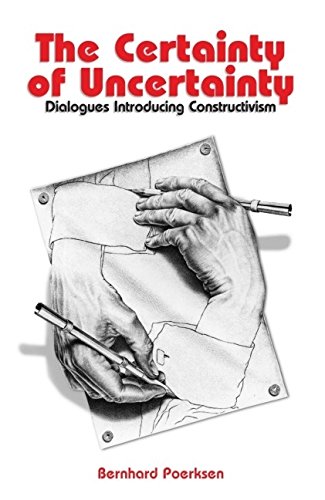

Most ebook files are in PDF format, so you can easily read them using various software such as Foxit Reader or directly on the Google Chrome browser.
Some ebook files are released by publishers in other formats such as .awz, .mobi, .epub, .fb2, etc. You may need to install specific software to read these formats on mobile/PC, such as Calibre.
Please read the tutorial at this link: https://ebookbell.com/faq
We offer FREE conversion to the popular formats you request; however, this may take some time. Therefore, right after payment, please email us, and we will try to provide the service as quickly as possible.
For some exceptional file formats or broken links (if any), please refrain from opening any disputes. Instead, email us first, and we will try to assist within a maximum of 6 hours.
EbookBell Team

4.4
22 reviewsNothing that can be said is independent of us. Whatever can be said is coloured by our dreams and aspirations, by the way our brain works, by human nature and human culture. Whoever claims to know or to observe is - according to the central constructivist assumption - inescapably biased. This book presents the views of the founders of constructivism and modern systems theory, who are still providing stimulating cues for international scientific debate. The conversations of Heinz von Foerster, Ernst von Glasersfeld, Humberto R. Maturana, Francisco J. Varela, Gerhard Roth, Siegfried J. Schmidt, Helm Stierlin, and Paul Watzlawick with Bernhard Poerksen, display a kind of thinking that steers clear of rigid fixation and reveals the ideal of objectivity to be a myth. The conversations turn on the results of brain research, the breaks through of cybernetics, the linguistic determination of thought, and the intrinsic connection between epistemology and ethical practice. Throughout, the central figure of the observer is examined with sophisticated wit and just enough irritating grit to create the pearl in the oyster. Constructivism thus emerges as a philosophy of possibilities that keeps generating new points of view, insists on fundamental scepticism with regard to certainties and dogmas, and provides the foundation for an ethics of perception: Each and every one of us is responsible for their view of things.